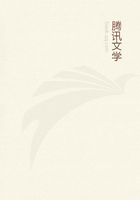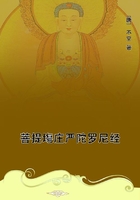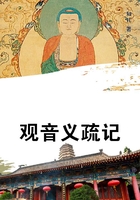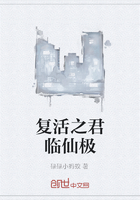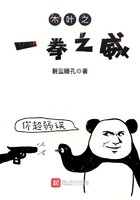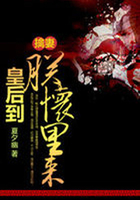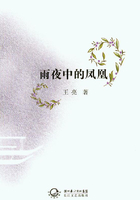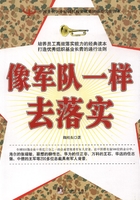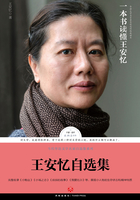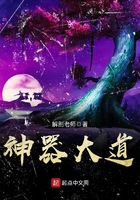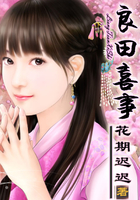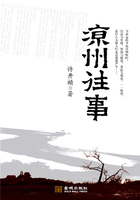"At the end of the eighth century, their whole scientific possessions consisted of a translation of one medical treatise and some books on alchemy. Before the ninth century had run to its close, the Arabs were in possession of all the science of the Greeks; they had produced from their own ranks students of the first order, and had raised among their initiators men who, without them, would have been groping in the dark; and they showed from this time an aptitude for the exact sciences, which was lacking in their instructors, whom they henceforward surpassed."
It was chiefly through the Nestorians that the Arabs became acquainted with Greek medicine, and there were two famous families of translators, the Bakhtishuas and the Mesues, both Syrians, and probably not very thoroughly versed in either Greek or Arabic. But the prince of translators, one of the finest figures of the century, was Honein, a Christian Arab, born in 809, whose name was Latinized as Joannitius. "The marvellous extent of his works, their excellence, their importance, the trials he bore nobly at the beginning of his career, everything about him arouses our interest and sympathy. If he did not actually create the Oriental renaissance movement, certainly no one played in it a more active, decided and fruitful part."[10]
His industry was colossal. He translated most of the works of Hippocrates and Galen, Aristotle and many others. His famous "Introduction" or "Isagoge," a very popular book in the Middle Ages, is a translation of the "Microtegni" of Galen, a small hand-book, of which a translation is appended to Cholmeley's "John of Gaddesden."[11] The first printed edition of it appeared in 1475 [see Chapter IV] at Padua.
[10] Leclerc: Histoire de la medecine arabe, Tome I, p. 139.
[11] Oxford, Clarendon Press, 1912, pp. 136-166. The Mesues also did great work, and translations of their compilations, particularly those of the younger Mesue, were widely distributed in manuscript and were early printed (Venice, 1471) and frequently reprinted, even as late as the seventeenth century.
Leclerc gives the names of more than one hundred known translators who not only dealt with the physicians but with the Greek philosophers, mathematicians and astronomers. The writings of the physicians of India and of Persia were also translated into Arabic.
But close upon the crowd of translators who introduced the learning of Greece to the Arabians came original observers of the first rank, to a few only of whom time will allow me to refer.
Rhazes, so called from the name of the town (Rai) in which he was born, was educated at the great hospital at Bagdad in the second half of the ninth century. With a true Hippocratic spirit he made many careful observations on disease, and to him we owe the first accurate account of smallpox, which he differentiated from measles. This work was translated for the old Sydenham Society by W.A. Greenhill (1848), and the description given of the disease is well worth reading. He was a man of strong powers of observation, good sense and excellent judgment. His works were very popular, particularly the gigantic "Continens," one of the bulkiest of incunabula. The Brescia edition, 1486, a magnificent volume, extends over 588 pages and it must weigh more than seventeen pounds. It is an encyclopaedia filled with extracts from the Greek and other writers, interspersed with memoranda of his own experiences. His "Almansor" was a very popular text-book, and one of the first to be printed. Book IX of "Almansor" (the name of the prince to whom it was addressed) with the title "De aegritudinibus a capite usque ad pedes," was a very favorite mediaeval text-book. On account of his zeal for study Rhazes was known as the "Experimentator."
The first of the Arabians, known throughout the Middle Ages as the Prince, the rival, indeed, of Galen, was the Persian Ibn Sina, better known as Avicenna, one of the greatest names in the history of medicine. Born about 980 A. D. in the province of Khorasan, near Bokhara, he has left a brief autobiography from which we learn something of his early years. He could repeat the Koran by heart when ten years old, and at twelve he had disputed in law and in logic. So that he found medicine was an easy subject, not hard and thorny like mathematics and metaphysics! He worked night and day, and could solve problems in his dreams.
"When I found a difficulty," he says, "I referred to my notes and prayed to the Creator. At night, when weak or sleepy, I strengthened myself with a glass of wine."[12] He was a voluminous writer to whom scores of books are attributed, and he is the author of the most famous medical text-book ever written.
It is safe to say that the "Canon" was a medical bible for a longer period than any other work. It "stands for the epitome of all precedent development, the final codification of all Graeco-Arabic medicine. It is a hierarchy of laws liberally illustrated by facts which so ingeniously rule and are subject to one another, stay and uphold one another, that admiration is compelled for the sagacity of the great organiser who, with unparalleled power of systematisation, collecting his material from all sources, constructed so imposing an edifice of fallacy.
Avicenna, according to his lights, imparted to contemporary medical science the appearance of almost mathematical accuracy, whilst the art of therapeutics, although empiricism did not wholly lack recognition, was deduced as a logical sequence from theoretical (Galenic and Aristotelian) premises. Is it, therefore, matter for surprise that the majority of investigators and practitioners should have fallen under the spell of this consummation of formalism and should have regarded the 'Canon' as an infallible oracle, the more so in that the logical construction was impeccable and the premises, in the light of contemporary conceptions, passed for incontrovertible axioms?"[13]

